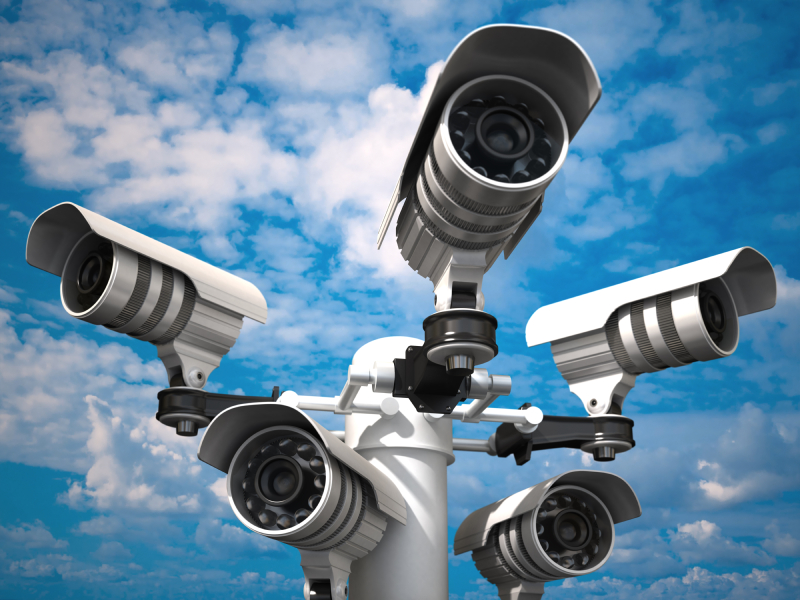 NEWS
NEWS
 NEWS
NEWS
 NEWS
NEWS
We’ve been keeping a watchful eye on DARPA and its catalogue of Big Data projects that threaten to change the world, be it for better or worse. Up until recently, its been fair to say that most of DARPA’s work has met with our approval, yet news of a worryingly ambitious plan to record every single conversation that ever takes place has given us reason to doubt their intentions.
The project, which we first heard about from Wired.com, is every bit as real as it is astounding in its scope – quite simply, if DARPA gets its way, the government will be able to do away with the NSA, the CIA and all the other spy agencies it has, because we’ll be doing the spying for them.
What DARPA is trying to do isn’t actually as impossible as it sounds, at least according to one computer scientist who’s recently secured $300,000 from the agency to fund his research into the development of machines that can record and transcribe conversations anywhere they occur.
Dr. Matt Lease of the University of Texas told Wired.com that the aim of his research is to make it possible for recorded conversations and transcriptions to be stored in servers in such a way that they can easily be searched for:
“In their call, what [DARPA] really talked about were different areas of science where they would like to see advancements in certain problems that they see. So I responded talking about what I saw as this very big both need and opportunity to really make conversational speech more accessible, more part of our permanent record instead of being so ephemeral, and really trying to imagine what this world would look like if we really could capture all these conversations and make use of them effectively going forward.”
The project, named “Blending Crowdsourcing with Automation for Fast, Cheap, and Accurate Analysis of Spontaneous Speech“, is ambitious, but is it actually achievable?
Apparently so, reckons Lease, as the tools to do so are already there – in the shape of smartphones, cameras and audio recorders that most people carry around with them in this day and age. Lease explains that the project will focus on how crowdsourcing can help to improve the speech-to-text abilities of these devices, which are currently extremely limited when it comes to understanding everyday human speech and sentence construction.
On the one hand Lease’s work is interesting. There’s obviously a lot of room for improvement in the area of voice/speech recognition, but that fact that DARPA is funding his efforts is what’s giving us reason for concern. The privacy concerns are obvious enough, but they go beyond simply worrying about being caught red-handed saying something you later regret. After all, if society ever gets to the stage where people know that there’s a good chance whatever they say is being recorded, does this mean that we might limit our social interactions with other people, keeping whatever we do say to the absolute minimum? Who’s going to want to reveal their innermost feelings to anyone when it could very well come back to bite them?
Fortunately, at least DARPA’s vision of a privacy-free world would appear to be some way off. It’ll take some years to develop the technology needed to fulfill Lease’s ambition, and perhaps even longer until people are ready to accept all-hearing, all-power voice recognition overlords into their world.
Support our mission to keep content open and free by engaging with theCUBE community. Join theCUBE’s Alumni Trust Network, where technology leaders connect, share intelligence and create opportunities.
Founded by tech visionaries John Furrier and Dave Vellante, SiliconANGLE Media has built a dynamic ecosystem of industry-leading digital media brands that reach 15+ million elite tech professionals. Our new proprietary theCUBE AI Video Cloud is breaking ground in audience interaction, leveraging theCUBEai.com neural network to help technology companies make data-driven decisions and stay at the forefront of industry conversations.